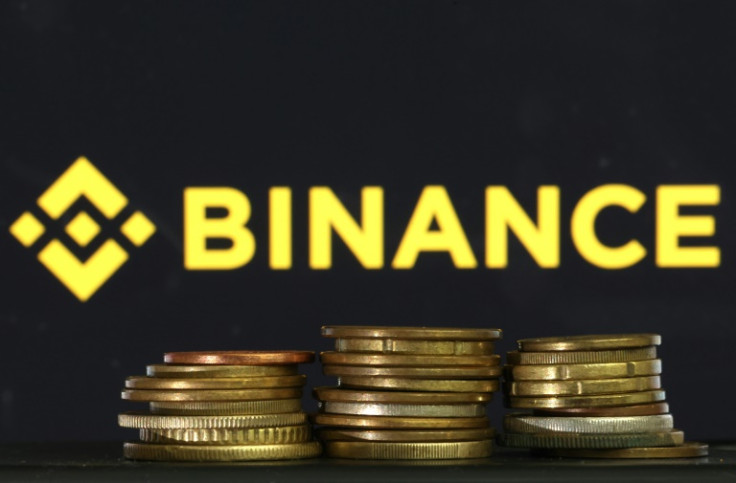
The U.S. Securities and Exchange Commission (SEC) and Binance.US' parent company, BAM Management Us Holdings, clashed in a joint status report submitted to a Washington, D.C. District Court on Tuesday as both sides made contradicting claims over the discovery process.
In the status report, the regulator claimed that Binance.US has "been unable or unwilling to answer" some "key questions" that should support the expedited discovery, which is the formal process wherein parties to a case exchange information to gather evidence related to the case.
The SEC said it "believes it is at an impasse," and thus "the Court's intervention is warranted." It also noted that in January, BAM has "refused to conduct anything more than an unrecorded, mostly choreographed tour of certain relevant software and infrastructure relevant to its Customer Assets." It supposedly refused the SEC's request to review different components of BAM's software.
A key aspect of the SEC's case against Binance.US is whether the crypto firm's employees maintained access to Binance.US customer assets. "BAM refused to comply with basic discovery obligations," the SEC claimed, arguing further that there were outstanding questions that BAM needs to address to prove that Binance.US is "in compliance with the Consent Order without further discovery."
The regulator also said it has become apparent BAM "made various changes to the processes and controls" it described in initial declarations made in June 2023, including on BAM personnel roles and access to client assets.
For its part in the status report, BAM clapped back, saying it "has completed its search for and production of documents" in response to the SEC's request for documents. The crypto company believes it has "gone above and beyond its obligations to provide 'limited' expedited discovery" even as the regulator made "exceptionally broad requests and unsubstantiated concerns related to asset custody."
It requested that the court end the expedited discovery since it already produced thousands of documents regarding "every conceivable aspect" of asset custody practices and even provided verified accounting information, monthly reports and declarations under oath.
"BAM has engaged in this process in good faith, while, by contrast, it appears that the SEC is not evaluating in good faith the issue at the core of the Consent Order: whether BAM's customer assets are secure and available for withdrawal," it said.
The latest collision between the SEC and Binance.US comes at a critical point in the legal troubles of the world's largest cryptocurrency exchange by trading volume.
Binance announced Tuesday that it was halting Nigerian Naira services amid a crypto crackdown in the country that has put the exchange at the center of the Nigerian government's interest over alleged $26 billion untraceable funds facilitated by the exchange.
The crypto giant's founder and former CEO Changpeng Zhao is due for sentencing in April after he pled guilty to money laundering following the SEC's lawsuit against Binance. The suit alleged that it sold unregistered securities. It reached a $4.3 billion settlement with the U.S. Department of Justice (DOJ), which included Zhao's exit from management and guilty plea.







